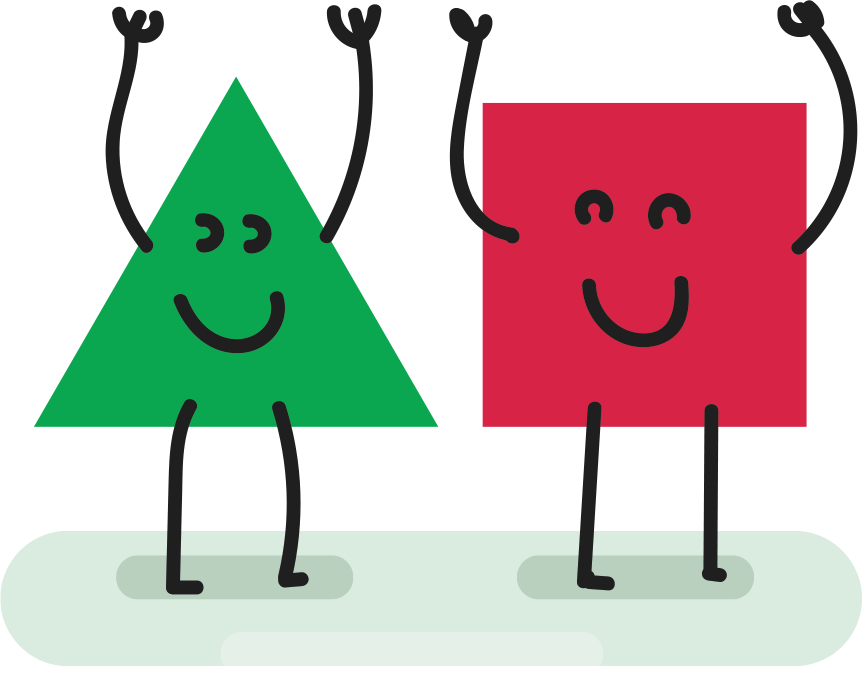

We help children and young people with Dyscalculia.

The benefits of having a numeracy assessment can be seen across multiple areas of a child or young person’s life as it:
Recommendations made following a numeracy assessment will be based on a combination of a child or young person’s strengths and difficulties.
A numeracy assessment can be carried out following an initial discussion, please see our process below.
During a numeracy assessment, individuals will be asked to explain what they find challenging, and will complete a number of puzzles and tasks. A numeracy assessment can take place within a home, education setting, community setting or one of our clinics across Greater Manchester. Specific aspects of a numeracy assessment may be discussed during the initial discussion so the individual knows what to expect during the assessment. All numeracy assessments will be appropriate for an individual’s developmental age.
The specific assessment(s) used will be chosen based on the child or young person. The main numeracy assessments we use are:
There are other methods and assessments to identify numeracy needs and these will be discussed before the assessment takes place.
Following a numeracy assessment one of our psychologists will provide information in relation to a child or young person’s numeracy strengths and difficulties. Appropriate recommendations may also be made for various areas of an individual’s life, including home and education. As a child-centred, supportive service we provide a variety of follow up services, including interventions.
In order to provide a flexible and bespoke service, reports are optional. A feedback meeting may take place to share the information found verbally rather than in a written report. We offer a range of reports to suit all needs. Learn more about our reports.
Arrange an initial discussion to find out how we can benefit your education setting. The initial discussion lasts 2 hours and is a starting point to identify needs. The cost is £260.
only
£260


Once again thank you for all your help and for actually listening to me when others wouldn’t.

Jodie (Parent)
Thank you Julie once again for the excellent report, it captured the child’s needs entirely - SENDIASS, parents and me commented on how well written it was. Many thanks for your continued assistance.

SENCO
Sarah Ward was brilliant with us. Really happy with the help and support, would recommend.

Joanne (Parent)
I think the work you have been doing has been great to help break the stigma of mental health and as a fellow sufferer I know how important that is.

Mental health professional
Many thanks for Sarah W’s hard work with our students which has been very well received.

Deputy Head
Really enjoyed it and learnt lots that I can take back to school. Thank you for the quality experience.

Sarah Tindal
Thank you Julie once again for the excellent report, it captured the child’s needs entirely - SENDIASS, parents and me commented on how well written it was. Many thanks for your continued assistance.

SENCO

We provide bespoke solutions to suit all budgets and requirements for children and young people aged 0-25 in homes, education settings and the community. Our clinical, educational and child psychology services are cost effective.
To make a referral and arrange an initial discussion please complete our referral form.

Ready to get started? The next step is to speak to our team to find out more about the services we provide and how we can help. Call us on 0161 820 9229 or email office@hsrpsychology.co.uk